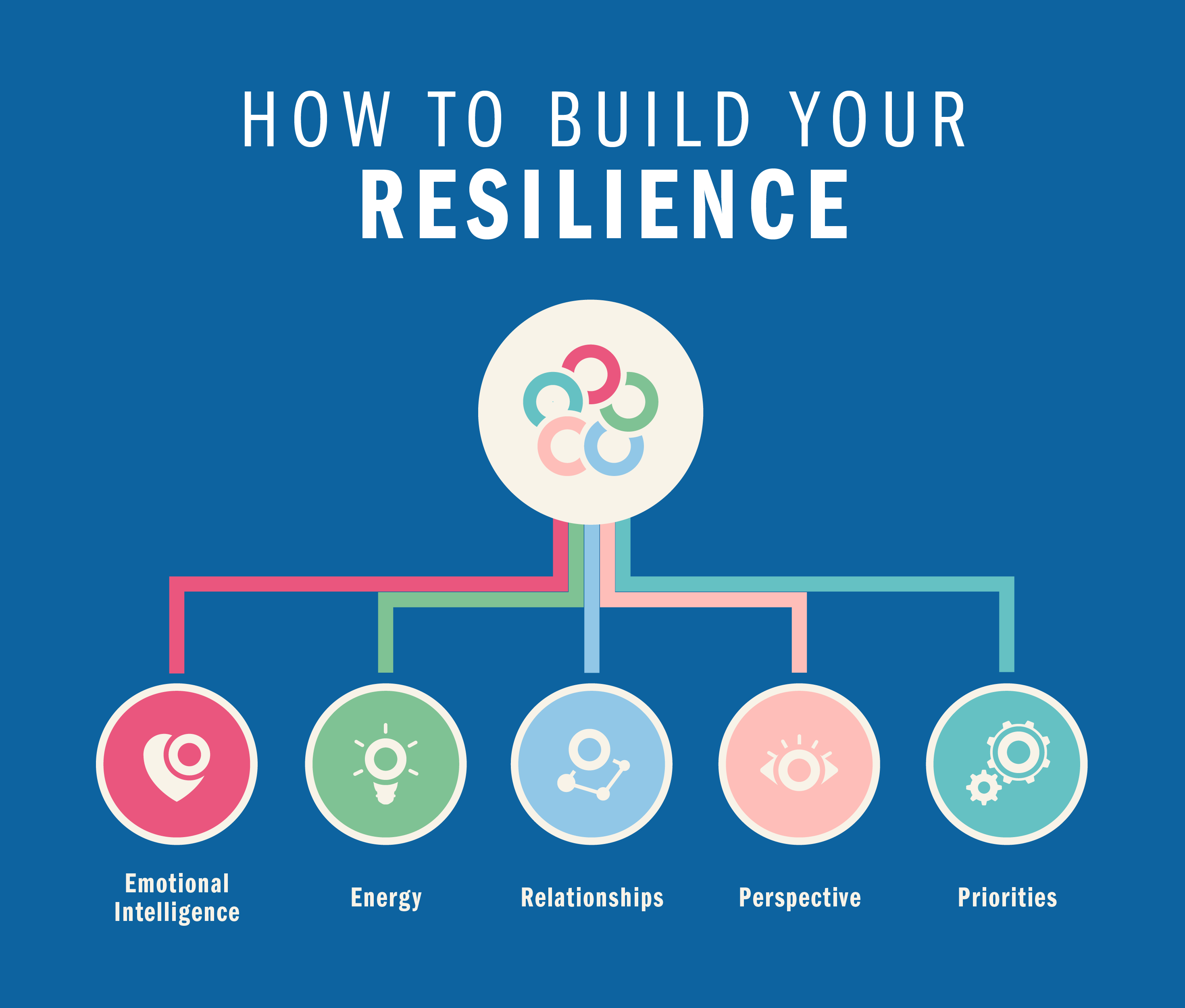Resilience is the ability to bounce back from difficult experiences or adapt to adversity without experiencing prolonged negative effects on mental health. It plays a crucial role in shaping our overall well-being and can greatly impact how we navigate through life’s challenges. In this article, we will explore various strategies and techniques to help build resilience for better mental health.
Recognizing and Accepting Emotions
One of the first steps towards building resilience is acknowledging and accepting our emotions. It’s crucial to allow ourselves to experience a range of emotions, both positive and negative, without judgment or suppression. By validating our feelings, we can better understand ourselves and effectively cope with the various stressors we encounter.
HTML markup:
<!DOCTYPE html>
<html>
<head>
<title>Building Resilience for Mental Health</title>
</head>
<body>
<h1>Building Resilience for Mental Health</h1>
<p>Resilience is the ability to bounce back from difficult experiences or adapt to adversity without experiencing prolonged negative effects on mental health. It plays a crucial role in shaping our overall well-being and can greatly impact how we navigate through life’s challenges. In this article, we will explore various strategies and techniques to help build resilience for better mental health.</p>
<h2>Recognizing and Accepting Emotions</h2>
<p>One of the first steps towards building resilience is acknowledging and accepting our emotions. It’s crucial to allow ourselves to experience a range of emotions, both positive and negative, without judgment or suppression. By validating our feelings, we can better understand ourselves and effectively cope with the various stressors we encounter.</p>
Nurturing Supportive Relationships
Building and maintaining supportive relationships is a vital aspect of resilience. Having a strong support system provides a sense of belonging, helps alleviate feelings of isolation, and encourages open communication. Whether it’s family, friends, or professional networks, these relationships can provide valuable emotional support during challenging times.
Developing Problem-Solving Skills
Resilient individuals are adept at problem-solving and approaching difficulties with a solutions-oriented mindset. Developing problem-solving skills involves analyzing a situation, breaking it down into manageable parts, and considering potential strategies to address the issue at hand. This approach helps build confidence in one’s ability to overcome obstacles and fosters resilience.
Practicing Self-Care
Taking care of our mental and physical well-being is integral to building resilience. Self-care practices can include engaging in activities that bring joy and fulfillment, setting boundaries, prioritizing restful sleep, eating a balanced diet, and exercising regularly. By making self-care a priority, we can recharge, reduce stress, and enhance our ability to bounce back from challenges.
Building a Positive Mindset
A positive mindset can significantly impact resilience. By focusing on the silver linings, practicing gratitude, and reframing negative thoughts into more positive ones, we can strengthen our ability to cope with adversity. Implementing techniques like mindfulness and meditation can also contribute to cultivating and maintaining a positive mindset.
Setting Realistic Goals
Setting realistic goals allows for a sense of accomplishment and encourages forward momentum, even during difficult times. Breaking down larger goals into smaller, achievable steps can make them more manageable and less overwhelming. Celebrating each milestone reached, no matter how small, can reinforce a sense of resilience and motivation.
Seeking Professional Help
If feelings of distress, anxiety, or depression persist despite efforts to build resilience, seeking professional help is essential. Mental health professionals can provide guidance, support, and evidence-based interventions tailored to an individual’s specific needs. Therapy, counseling, and other interventions can be invaluable tools in building and maintaining resilience.
Conclusion
Building resilience for mental health is a lifelong journey. By recognizing and accepting our emotions, nurturing supportive relationships, developing problem-solving skills, practicing self-care, building a positive mindset, setting realistic goals, and seeking professional help when needed, we can enhance our resilience and better navigate life’s challenges. Prioritizing mental well-being and building resilience can lead to improved overall quality of life and greater emotional well-being.

